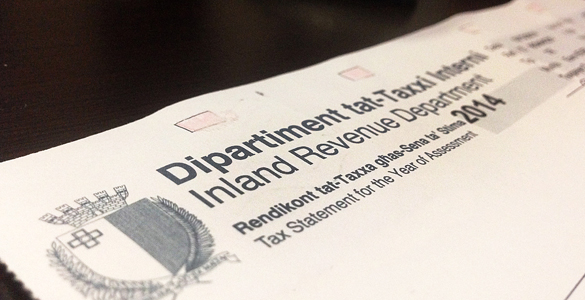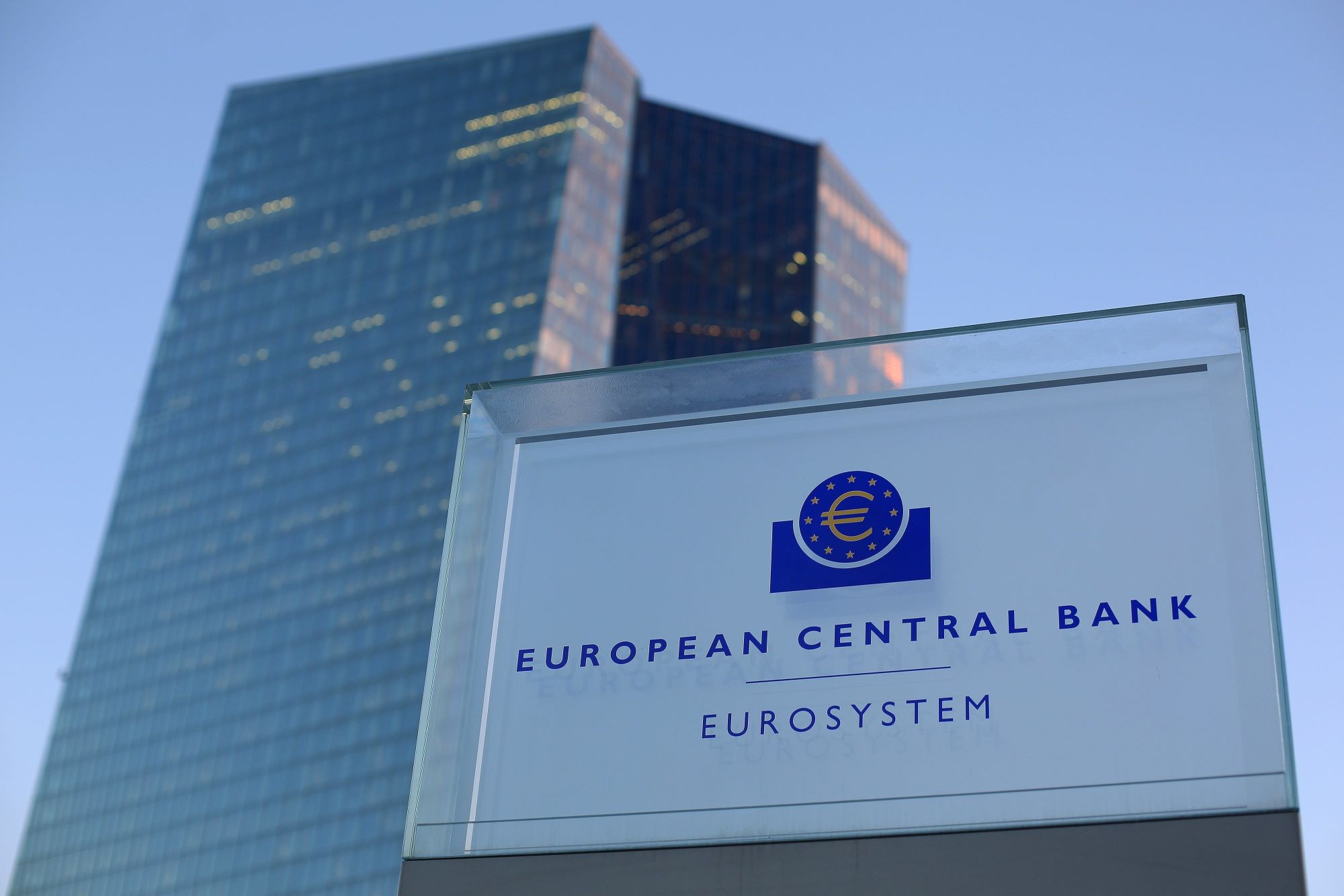The European Central Bank’s (ECB) longstanding inflation target shifted last week, bringing into relief its inability to make inflation budge despite trillions of euros being spent on the effort.
The Governing Council of the ECB announced that the first strategy review of the bank’s monetary policy in 18 years resulted in an acknowledgement that the previous inflation target of “below but close to two per cent” was no longer relevant after a decade where the eurozone flirted with deflation, thanks to an average inflation rate of only one per cent, half of the bank’s original target.
“The Governing Council considers that price stability is best maintained by aiming for a two per cent inflation target over the medium term,” the statement read.
“This target is symmetric, meaning negative and positive deviations of inflation from the target are equally undesirable.”
The ECB said that low inflation “requires especially forceful or persistent monetary policy action to avoid negative deviations from the inflation target becoming entrenched.
“This may also imply a transitory period in which inflation is moderately above target.”
Its answer to achieve this aim, it seems, is to entrench the tools it has developed and launched over the last decade on an ad hoc basis as integral parts of the ECB toolkit, including forward guidance, asset purchases and longer-term refinancing operations.
Perhaps equally important is the recognition that the Harmonised Index of Consumer Prices (HICP) would more accurately reflect the inflation relevant for households if it included the costs related to owner-occupied housing.
With the trillions of euro in quantitative easing doing little to incentivise investment but instead contributing to high increases in asset prices, the inclusion of private housing in the HICP, described as a multi-year project by the ECB, may just bring inflation closer to its two per cent target through a much-needed shift in the goalposts.
Chief economist at the Malta Fiscal Advisory Council Malcolm Bray, taking to LinkedIn, pointed to the COVID-19 pandemic as a key reason behind the change.
“Another legacy of the pandemic,” he said, “is the recognition that the enormous amount of public debt generated necessitates a higher nominal growth outlook (which can be more easily achieved through higher inflation).
He pointed out that: “This statement from the ECB would have been unheard of a decade ago,” and warned bond holders to “take note of the change in paradigm”.
Climate change commitments
The Governing Council of the ECB also acknowledged that climate change has profound implications for price stability, and committed to an ambitious climate-related action plan, aiming to:
• further incorporate climate change considerations into its monetary policy framework;
• expand its analytical capacity in macroeconomic modelling, statistics and monetary policy with regard to climate change;
• include climate change considerations in monetary policy operations in the areas of disclosure, risk assessment, collateral framework and corporate sector asset purchases;
• implement the action plan in line with progress on the EU policies and initiatives in the field of environmental sustainability disclosure and reporting.
Top 5% of taxpayers responsible for one-third of all income tax paid in Malta
On the other hand, the bottom third of income earners pay just 1.7% of all income tax generated
The Malta Institute of Accountants prepares for its 2024 Anti-Money Laundering Conference
Held at the Radisson Blu, St Julians, this latest AML Conference promises to bring exclusive insights on new procedures
Eurozone interest rates to remain unchanged
The European Central Bank noted that price pressures remain persistent






